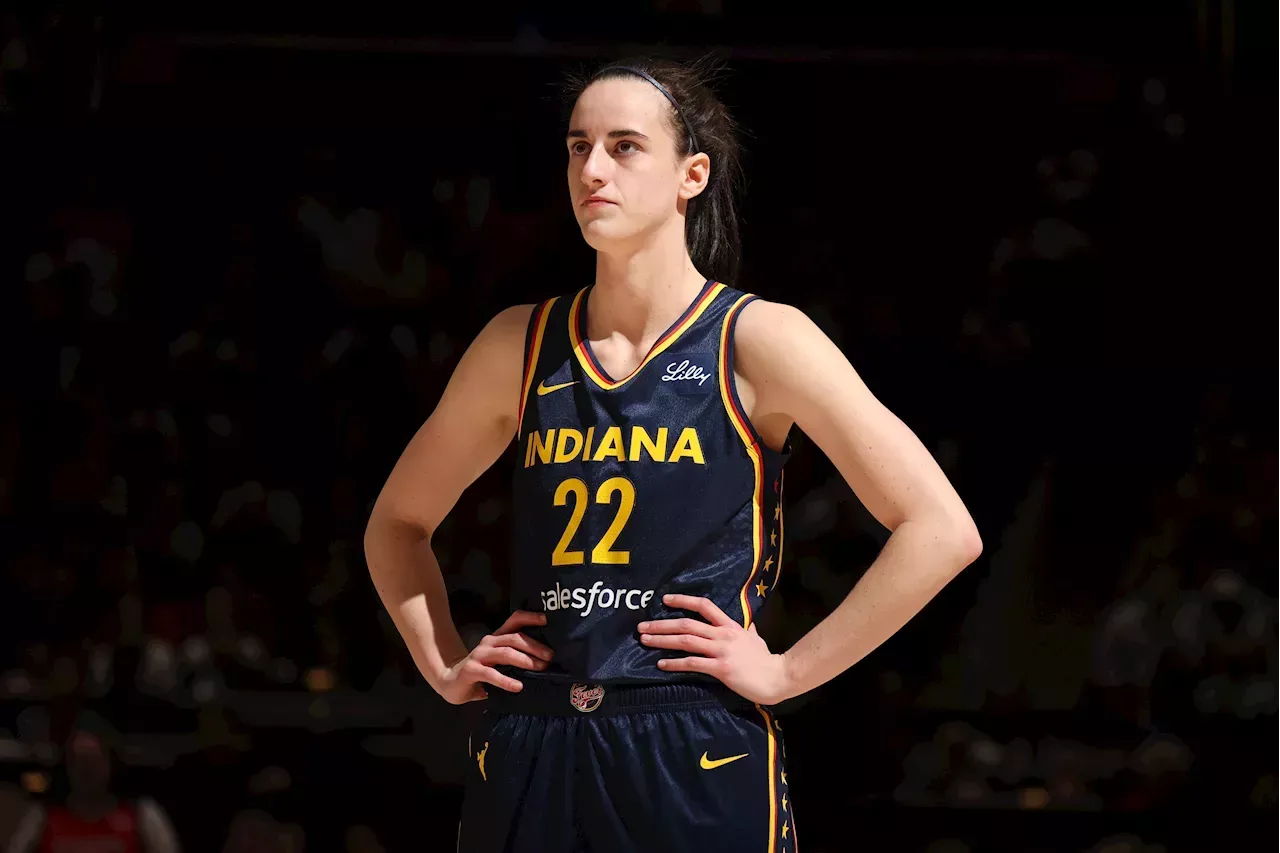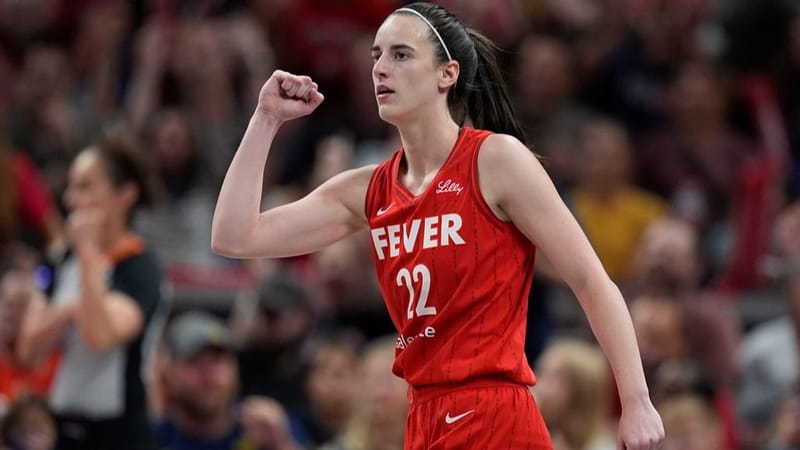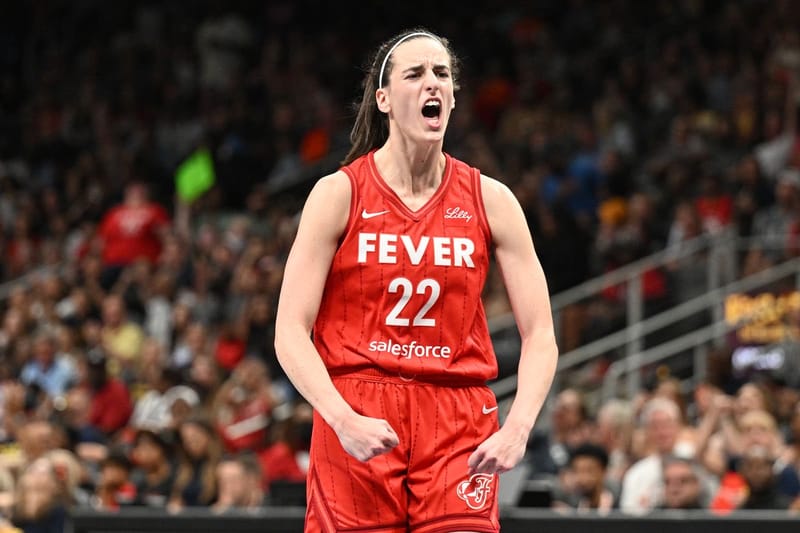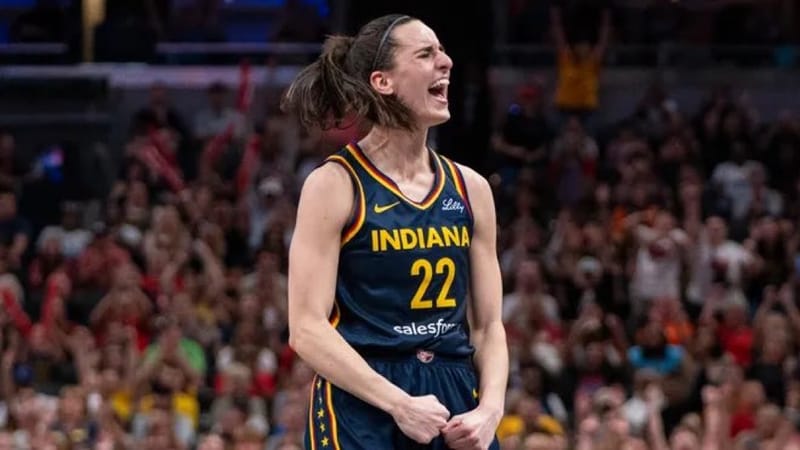Caitlin Clark's TIME Honor Ignites Race Debate in WNBA
Athlete of the Year Sparks Conversation on Privilege and Representation December 11, 2024 - Indianapolis, IN Caitlin Clark, the Indiana Fever guard who has taken the WNBA by storm, was recently named TIME's Athlete of the Year for 2024, adding another accolade to her already impressive rookie season
Athlete of the Year Sparks Conversation on Privilege and Representation
December 11, 2024 - Indianapolis, IN
Caitlin Clark, the Indiana Fever guard who has taken the WNBA by storm, was recently named TIME's Athlete of the Year for 2024, adding another accolade to her already impressive rookie season resume. However, this honor has not only highlighted her extraordinary basketball skills but has also reignited a complex debate about race, privilege, and recognition within the league.
Clark, who broke records for the most three-pointers by a rookie and set new assist benchmarks, has been a focal point for increased attention to women's basketball. Her recognition by TIME magazine, intended as a celebration of her achievements, has instead become a catalyst for discussing broader issues of racial equity in sports.
VIDEO: Caitlin Clark reflects on the past year after being honored as TIME Athlete of the Year. #caitlinclark #timeathleteoftheyear pic.twitter.com/tkWVBORTVm
— VIRTUE.NEWS (@virtuemediacorp) December 11, 2024
In interviews following her TIME honor, Clark has openly acknowledged the role of "white privilege" in her career trajectory. "I want to say I’ve earned every single thing, but as a white person, there is privilege," she stated, acknowledging the historical contributions of Black players to the WNBA. This statement has polarized fans and analysts alike, with some applauding her for her honesty and others questioning the necessity of racial discourse in sports achievements.
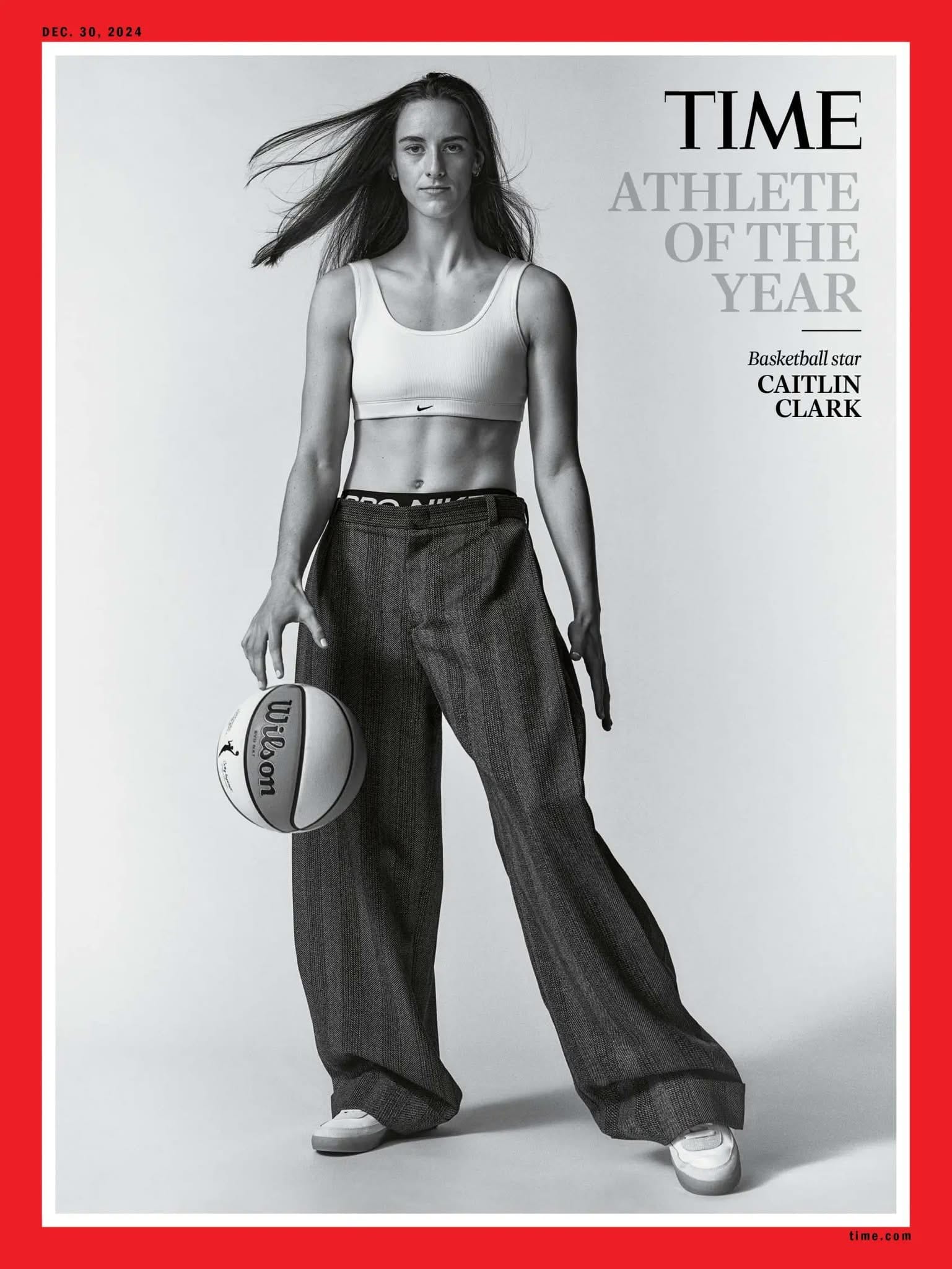
The debate was further fueled by comments from WNBA star A'ja Wilson earlier in the year, who suggested that race plays a significant role in the visibility and marketing of players. "It really is about Black and White," Wilson remarked, pointing out how hard work by Black women in the league can often be "swept underneath the rug" in favor of players who might be seen as more marketable due to their race.
This conversation extends beyond individual accolades. It touches on how media coverage, endorsement deals, and even game broadcasts seem to disproportionately favor certain players, often those who are not Black. Clark's lucrative Nike deal, for instance, has been juxtaposed against the endorsement landscapes for other Black players, leading to discussions about fairness and opportunity in the sports marketing world.
Caitlin Clark bends the knee. Kissing the rear of black women is a rite of passage in the WNBA. pic.twitter.com/GvN9ozEyil
— Jason Whitlock (@WhitlockJason) December 10, 2024
Sports historians and social commentators have weighed in, suggesting that while Clark's talent is undeniable, the broader attention she garners could reflect deeper societal biases. "It's not just about Caitlin Clark; it's about the system that elevates certain stories while others remain untold," says Victoria Jackson, a sports historian at Arizona State University.
Fans on social media platforms like X have echoed these sentiments, with some lauding Clark's acknowledgment of her privilege, while others argue that her success should be celebrated without the lens of race.
The discourse around Clark's TIME honor reflects not only her impact on the court but also the ongoing struggle for equitable representation in sports. As the WNBA continues to grow in popularity, perhaps this moment will push the conversation towards ensuring that all players, regardless of race, are celebrated for their contributions to the game.
This story, originating from Indianapolis where Clark plays for the Fever, underscores a critical moment for the league, possibly steering it towards more inclusive recognition practices in the future.
